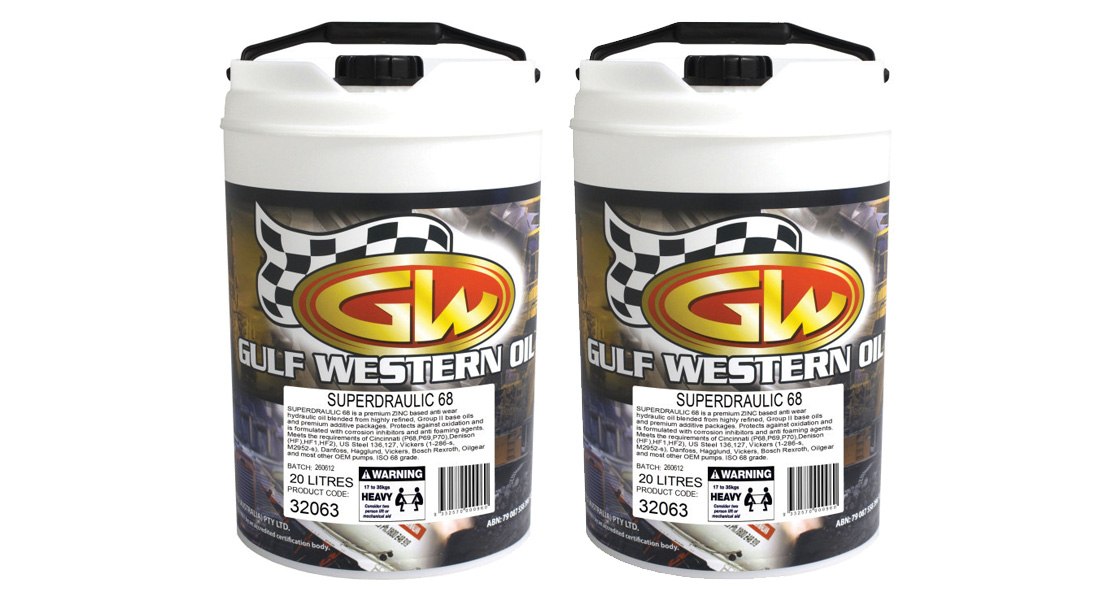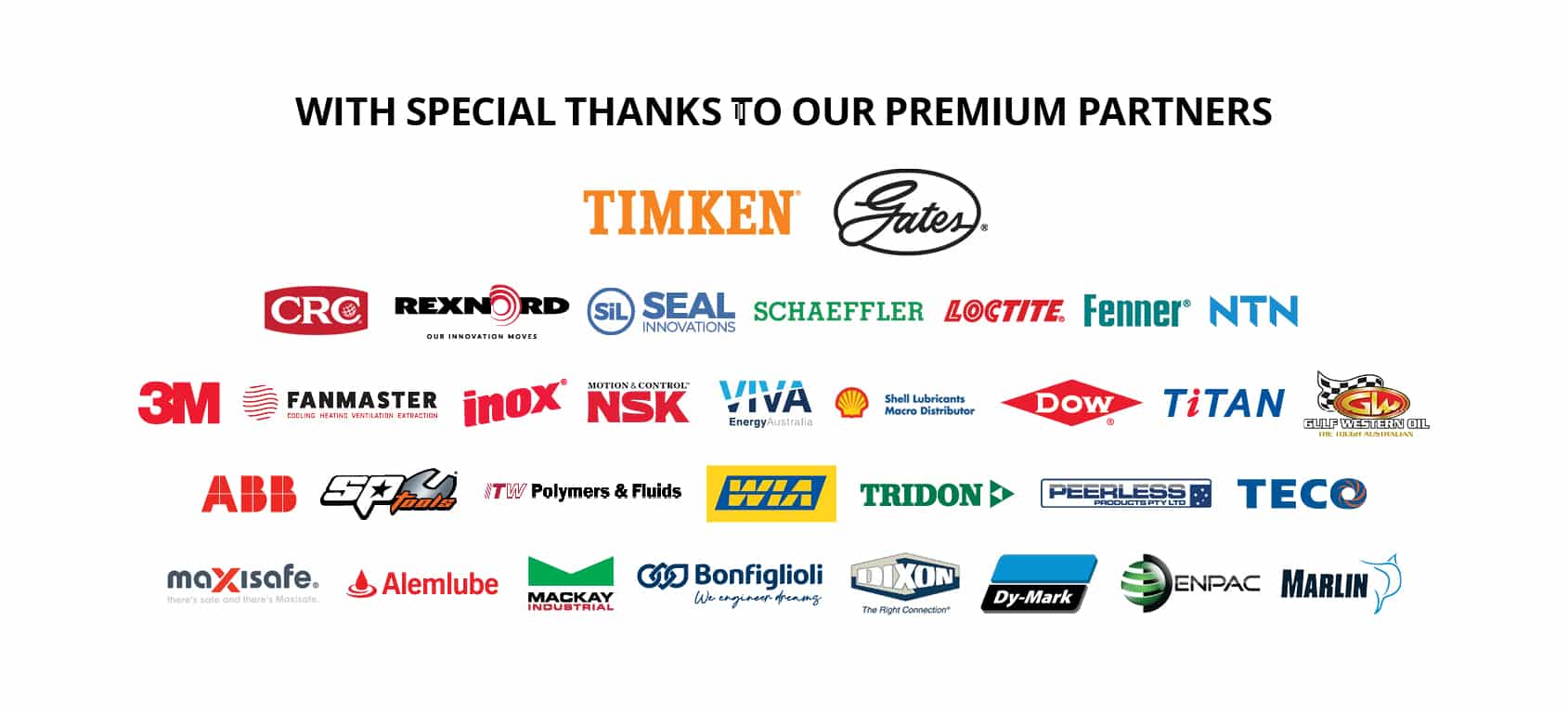
23 Jun Keeping hydraulic systems ‘happy’ with lubrication best practices
Hydraulic systems are the lifeblood of every industrial setting, regardless of the size or complexity of the operation. Steve Keown, CBC’s National Product Manager for Lubricants, says the life of the hydraulic system is primarily tied to the life of the oil.
“High performance Synthetic Fluids that provide extended drain intervals, system cleanliness, maximum component protection and energy efficiently are more attract than ever to our customers,” he says.
“Apart from extending the equipment life, a reduction in the total cost of ownership can be achieved through using longer-life hydraulic fluids which reduce disposal problems, and helps the companies meet their waste reduction targets.”
As a national-level distributor of lubrication solutions, CBC works with Gulf Western Oil (GWO) to supply hydraulic oils to a wide array of industries, including building material manufacturers. GWO has been supplying lubricant solutions to industrial plants in Australia for more than 30 years, and as such has been able to develop purpose-built products for various applications.
The Gulf Western Superdraulic® range is a series of hydraulic fluids that meet industry standards and Original Equipment Manufacturer (OEM) approvals for use in small hydraulic systems, according to GWO’s Queensland State Manager Christopher Bright.
The higher tier in the range is the Superdraulic® Hi Temp, with a higher viscosity index, which makes it suitable for use in applications where extra harsh conditions and heat are common.
“If your machinery tends to run hotter than the standard operating temperatures or if you are working in a very cold climate, the Superdraulic® Hi Temp can handle the heat without breaking down,” says Christopher.
As the ultimate long-life hydraulic oil, GWO recently launched the Superdraulic® Indestructible, the first of its kind within the Australian market to offer a 6,000-hour oil life.
According to Christopher, the Superdraulic® Indestructible is a full-synthetic hydraulic fuel, which is uniquely formulated to contain a 0.9% Zinc additive – a requirement for hydraulic oils used in certain Caterpillar machinery.
CBC and GWO also collaborate closely to offer their expertise for oil selection and maintenance. Christopher says the choice of the best lubricant requires some basic understanding of oil properties and function.
“To decide on the best lubricant solution for each application, we often look at three things. The first is the operating temperature that the machinery is working in. If the machine runs very hot, you would want to use a high temperature capacity product.
“The second parameter is viscosity. As a general rule, the smaller the hydraulic system, the lower the viscosity grade required. So, for example, you might need a 32 or 46 viscosity grade hydraulic fluid for a small hydraulic system, whereas for larger equipment you might need a 68 or 100 viscosity grade,” he says.
The last parameter, he says, is the importance of a machine’s role in the overall operational productivity. “If you have a critical machine that you can’t afford to have offline while it’s being serviced, we recommend using the Superdraulic® Indestructible, which lets you extend your oil change intervals by up to three times.”
One of the best ways to determine if the hydraulic oil change interval is planned for maximum efficiency, according to Steve, is through an oil analysis program.
“We generally recommend that any plant that is looking to extend their hydraulic oil service interval puts an oil analysis program in place. By initiating an oil analysis program, we can ascertain whether or not the oil needs to be changed out, or whether we can increase the oil change interval. It also provides a baseline report for future reference as the system ages,” he says.
“Over the years, we have found many instances where the hydraulic oil was being changed before it was degraded. This, in fact, can be a favourable thing for the equipment because when the lubricant deteriorates you lose system efficiency, increase wear and increase risk varnish throughout the hydraulic circuit. Changing the oil prematurely can also create unnecessary labour, product and plant offline cost’s and of course disposal expenses fluid and filters.”
“We can also uncover from oil analysis whether the system is getting ingress of moisture through condensations inside the tank or ingress of fine material from the atmosphere and then we can look at putting desiccant breathers and filters on the reservoirs to prevent that ingress.”
“Our customers appreciated our attention to detail here as we are committed to providing that extra levels of protection that they may not have considered.”

